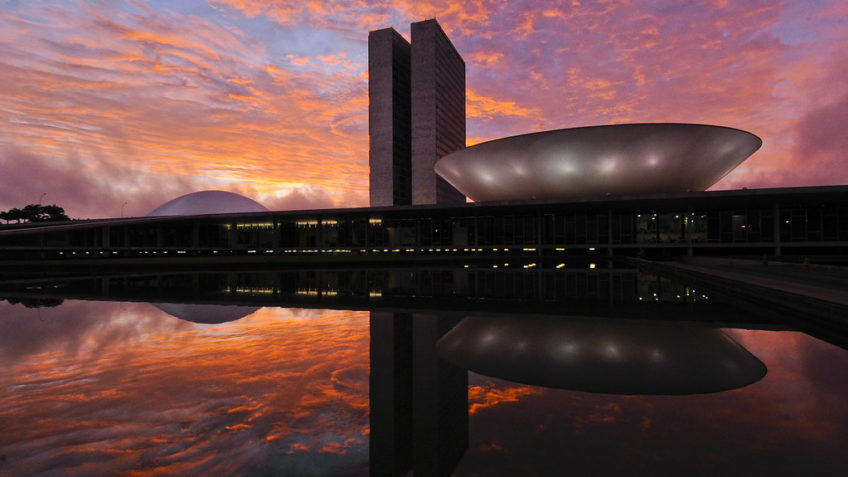
Lawmakers adapt laws to maintain compatibility with international governance systems, writes Luciana Moherdaui
Those who claim that Brazil fully copies European internet laws are wrong. The Marco Civil da Internet is a rule that has become “an international model of open legislative construction, capable of producing a law with the caliber to influence the global debate on regulation”.
Written from innovative online participation, after extensive debate, the project “allowed the inclusion of all sectors of society –scientific community, Federal Police and telecommunications companies”reported in the “Ilustríssima” section of the Folha de S.PauloRonaldo Lemos, Carlos Affonso Pereira de Souza and Sergio Branco, from ITS (Institute of Technology and Society), creators of MCI.
Inspired by Europe, the LGPD (General Personal Data Protection Act) was guided by the EU GDPR (General Data Protection Regulation) and the fake news bill (PL 2630 of 2020) was guided by Digital Services Act (DAS). In fact, the European Union encourages its legal regulations to influence other nations, such as the DSA and the AI Act.
These laws, however, are not literal mirrors. “These are adaptations made to maintain interoperability and compatibility with international governance systems”explained to me a lawyer specializing in digital law who works directly in Brasilia with privacy, data protection and artificial intelligence projects.
Approved in 2018 by the Michel Temer government, the LGPD is praised abroad. Enacted that year, it placed Brazil on the world data protection map, when it became part of Convention 108, the backbone of privacy in Europe. However, the penal part of the law, stopped in the Chamber of Deputies, was missing.
The bill of fake news, still pending in Congress, comes and goes from the political news. It reappeared in recent days due to executives from Google and Meta, which controls Facebook, Instagram and WhatsApp, testifying to the Federal Police about abusive practices against the project.
It also contributed to return to the buchicho of the reporting networks of The State of São Pauloaccording to which the text reported by Deputy Orlando Silva (PC do B-SP) was not put to the vote due to intense lobbying by the big techs.
According to the rapporteur, there is only one impasse now: the decision on the regulatory structure. Silva argues that it should be done by a state agency. Even if he considers this adjustment, the deputy will face opposition.
While the PL did not pass through the urgency, whose approval last April would allow it to be analyzed without going through Committees in the Chamber, another embarrassment is yet to come: the regulation of artificial intelligence. Lawyers are running out of time to not put outdated text under consideration.
A few days after a report of about 900 pages was presented to the Federal Senate, in early December 2022, Open IA launched the ChatGPT generative tool and caused a stir in several sectors. The EU Parliament approved a rule with the purpose of being a model for the world, including Brazil.
The great challenge is to draw up laws that take a step forward, not backwards, as shown in a report by the Financial Times. A study by Stanford researchers pointed out a mismatch between what the regulation proposes and the lack of transparency of generative AI tools, especially in relation to copyright.
Source: https://www.poder360.com.br/opiniao/o-protagonismo-do-brasil-na-regulacao-de-redes-sociais-e-ias/

